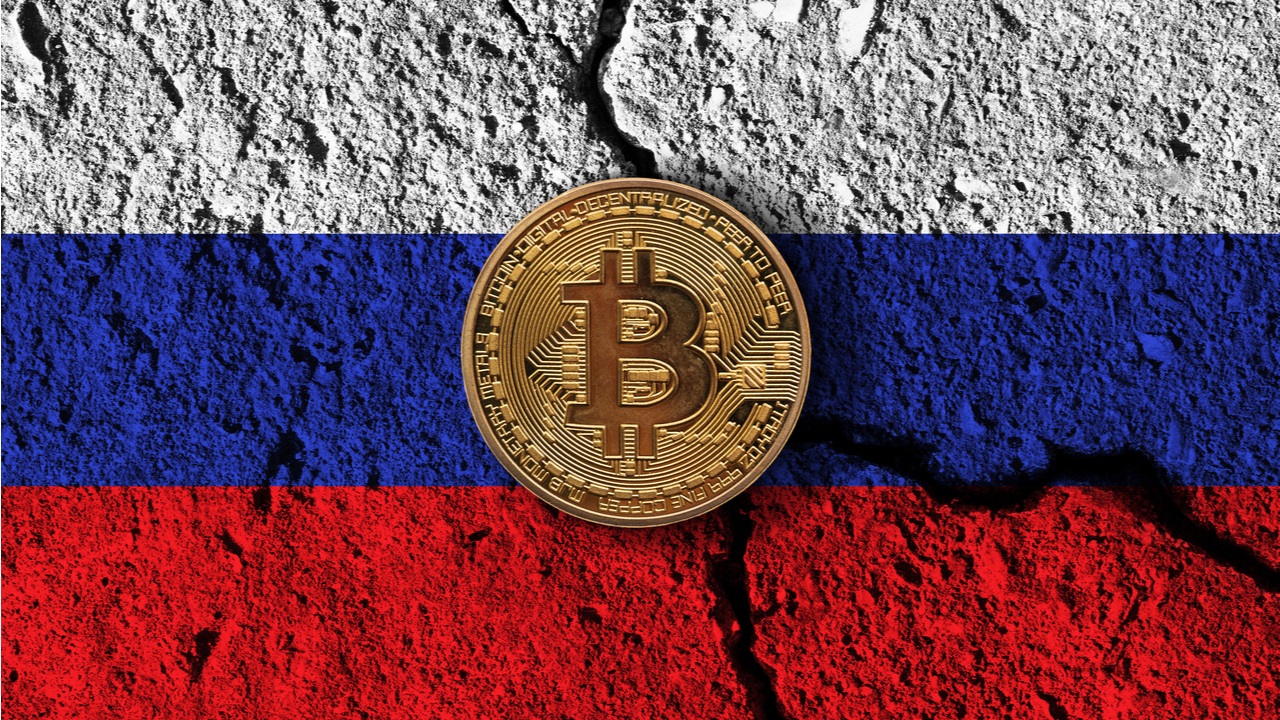Russian Lawmaker Proposes National Bitcoin Reserve to Combat Sanctions
10.12.2024 8:00 1 min. read Alexander Zdravkov
In response to increasing sanctions and financial isolation, a Russian lawmaker has proposed the creation of a national Bitcoin reserve to safeguard the country's financial stability.
Anton Tkachev, a member of the Novye Lyudi party, has put forward the idea to Finance Minister Anton Siluanov, arguing that digital assets could provide an essential alternative to traditional foreign currency reserves, which are vulnerable to geopolitical pressures.
With international payment systems becoming less accessible due to sanctions, cryptocurrencies are emerging as a potential lifeline for countries like Russia. Tkachev highlighted that conventional foreign reserves are at risk of devaluation and political interference, making them less reliable.
In contrast, Bitcoin, as a decentralized asset, could act as a more secure store of value.
This proposal reflects Russia’s broader strategy to adopt digital currencies in response to its economic challenges. By positioning Bitcoin as part of its national reserves, Russia could further integrate digital assets into its financial system, aligning with efforts to use crypto for cross-border trade.
However, the proposal would require substantial regulatory changes and cooperation between government institutions to move forward. Should Russia proceed, it could pave the way for other nations under sanctions to explore similar solutions.
-
1
Crypto Inflows hit $1B Last Week as Ethereum Outshines Bitcoin in Investor Sentiment
07.07.2025 20:30 2 min. read -
2
Bitcoin: Is the Cycle Top In and How to Spot It?
09.07.2025 16:00 2 min. read -
3
Public Companies Outpace ETFs in Bitcoin Buying: Here is What You Need to Know
02.07.2025 12:30 2 min. read -
4
Robert Kiyosaki Buys More Bitcoin, Says He’d Rather Be a ‘Sucker Than a Loser’
02.07.2025 22:00 1 min. read -
5
This Week in Crypto: Whale Accumulation, Ethereum Signals, and a Sentiment Shake-Up
05.07.2025 21:00 3 min. read
Over $5.8 Billion in Ethereum and Bitcoin Options Expired Today: What to Expect?
According to data shared by Wu Blockchain, over $5.8 billion in crypto options expired today, with Ethereum leading the action.
IMF Disputes El Salvador’s Bitcoin Purchases, Cites Asset Consolidation
A new report from the International Monetary Fund (IMF) suggests that El Salvador’s recent Bitcoin accumulation may not stem from ongoing purchases, but rather from a reshuffling of assets across government-controlled wallets.
Ethereum Sparks Altcoin Season as FOMO Shifts Away From Bitcoin
Traders are rapidly shifting their focus to Ethereum and altcoins after Bitcoin’s recent all-time high triggered widespread retail FOMO.
BSTR to Launch With 30,021 BTC, Becomes 4th Largest Public Bitcoin Holder
BSTR Holdings Inc. is set to become the fourth-largest public holder of Bitcoin, announcing it will launch with 30,021 BTC on its balance sheet as part of its public debut.
-
1
Crypto Inflows hit $1B Last Week as Ethereum Outshines Bitcoin in Investor Sentiment
07.07.2025 20:30 2 min. read -
2
Bitcoin: Is the Cycle Top In and How to Spot It?
09.07.2025 16:00 2 min. read -
3
Public Companies Outpace ETFs in Bitcoin Buying: Here is What You Need to Know
02.07.2025 12:30 2 min. read -
4
Robert Kiyosaki Buys More Bitcoin, Says He’d Rather Be a ‘Sucker Than a Loser’
02.07.2025 22:00 1 min. read -
5
This Week in Crypto: Whale Accumulation, Ethereum Signals, and a Sentiment Shake-Up
05.07.2025 21:00 3 min. read


